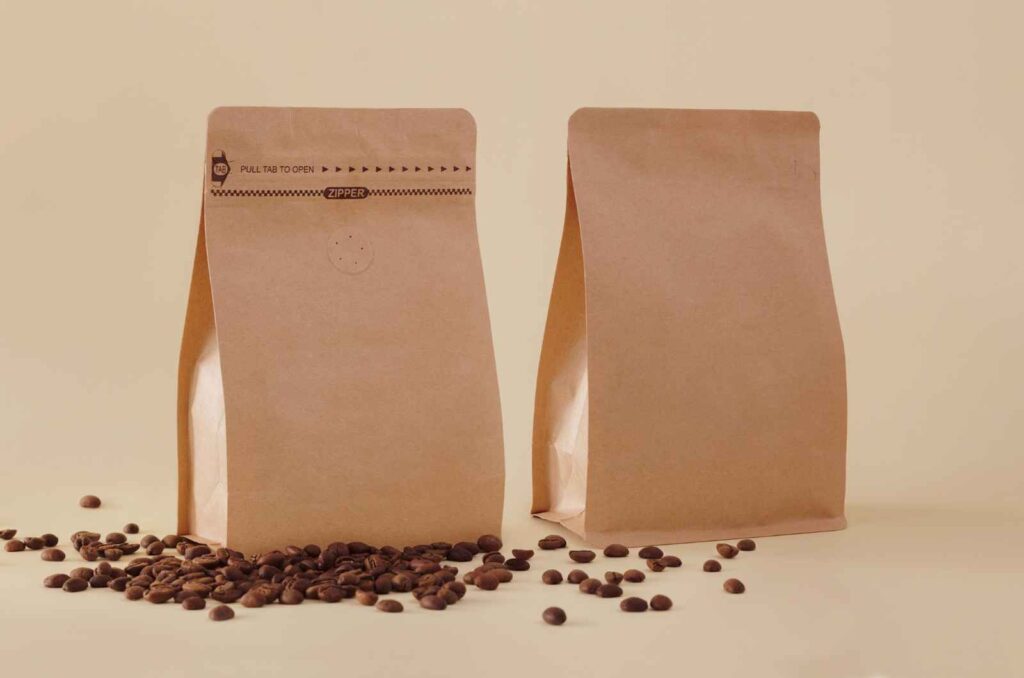
Private label marketing and customization options include comprehensive branding concept development, personalized packaging design, custom label creation, branded inserts and accessories, product formula personalization, and certification support across diverse product categories from herbal teas to skincare items. These options work together to create distinctive brand experiences that differentiate your products in competitive markets while building customer loyalty through thoughtful details and consistent quality presentation. The key lies in combining multiple customization elements strategically to reinforce your brand identity at every customer touchpoint.
How Does Custom Branding Concept Development Transform Your Product Line?
Expert branding concept development begins with understanding your target market's preferences, values, and purchasing behaviors to create authentic brand identities that resonate emotionally with potential customers. This process involves analyzing market gaps, competitor positioning, and customer pain points to develop unique value propositions that justify premium pricing while addressing genuine consumer needs that existing products don't adequately serve.
Professional branding concepts encompass visual identity, messaging strategy, brand personality, and positioning that guides all subsequent marketing and product development decisions. This foundational work ensures consistency across all customer touchpoints while creating memorable brand experiences that customers recognize, trust, and recommend to others within their social networks.
Effective branding concepts evolve with market changes and customer feedback while maintaining core identity elements that build recognition over time. This balance between consistency and adaptation allows private label brands to remain relevant and competitive as markets mature and customer preferences shift.
What Packaging Design Elements Create Distinctive Shelf Presence
Color selection significantly impacts customer perception and purchasing decisions, with different colors conveying specific emotions and brand characteristics that either attract or repel target demographics. Your color palette should align with your brand personality while standing out from similar products in retail environments. Consider how colors appear under different lighting conditions and on various materials to ensure consistent impact across all selling environments.
Logo placement and sizing on packaging requires careful consideration of readability, brand recognition, and aesthetic balance that enhances rather than overwhelms the overall design. Your logo should be prominent enough for easy identification while allowing space for required product information, regulatory text, and visual elements that communicate quality and value to potential customers.
Design elements including typography, graphics, patterns, and imagery work together to create cohesive brand experiences that communicate product benefits and brand values without relying solely on text descriptions. These visual elements should appeal to your target demographic while differentiating your products from alternatives available in the same retail spaces.
?How Do Custom Labels Enhance Brand Identity and Compliance
Product information presentation on custom labels balances regulatory requirements with marketing messages that highlight unique benefits and value propositions. Clear, accurate labeling builds trust while providing the detailed information customers need to make confident purchasing decisions. Well-designed labels integrate required text seamlessly with brand elements that maintain visual appeal and readability.
Certification displays on labels communicate quality standards and ethical practices that increasingly influence purchasing decisions, particularly among health-conscious and environmentally aware consumers. Organic, vegan, cruelty-free, and other certifications justify premium pricing while expanding market reach to customers who prioritize these values in their purchasing criteria.
Visual hierarchy on labels guides customer attention to the most important information while maintaining aesthetic appeal that encourages closer examination and purchase consideration. Effective label design ensures that essential information remains accessible while supporting overall brand identity and marketing objectives.
?What Role Do Branded Inserts Play in Customer Experience
Thank you cards create personal connections that transform transactional relationships into emotional bonds that encourage repeat purchases and positive word-of-mouth recommendations. These simple additions demonstrate appreciation while providing opportunities to reinforce brand values, share company stories, or express genuine gratitude that differentiates your customer service from automated, impersonal experiences.
Usage instructions help customers achieve optimal results with your products while reducing confusion or dissatisfaction that could lead to negative reviews or returns. Clear, branded instruction cards enhance perceived value while providing additional opportunities to showcase your brand's attention to detail and commitment to customer success.
Discount codes and loyalty incentives included in packages encourage repeat purchases while providing measurable return on investment through tracking redemption rates and customer lifetime value. These incentives work particularly well when tied to specific timeframes or minimum purchase amounts that increase average order values while building purchasing habits.
?How Do Branded Accessories Add Value and Differentiation
Functional accessories like scoops, droppers, and brushes enhance user experience while extending brand presence beyond initial product consumption. These items often remain with customers long after the original product is finished, serving as ongoing brand reminders and conversation starters that can lead to referral opportunities and increased brand awareness.
Product-specific accessories demonstrate thorough understanding of customer needs while providing practical solutions that improve product usage and satisfaction. Spatulas for creams, infusers for teas, and similar specialized tools show attention to detail that justifies premium pricing while creating complete product experiences that customers value and remember.
Custom branding on accessories reinforces brand identity while adding perceived value that differentiates your products from alternatives that include generic or unbranded accessories. This attention to detail communicates quality and professionalism that builds trust and justifies higher price points in competitive markets.
What Product Customization Options Support Brand Differentiation?
Formula personalization allows you to address specific customer needs or preferences that mass-market products don't adequately serve, creating unique value propositions that reduce price comparison shopping while building customer loyalty. Adjusting ingredients, flavors, scents, or product strengths based on market research and customer feedback creates products that customers can't find elsewhere.
Certification achievement support helps navigate complex regulatory requirements while building credibility that expands market reach and justifies premium pricing. Organic, vegan, cruelty-free, and other certifications require proper documentation and compliance but significantly enhance marketing appeal and customer trust in increasingly conscious consumer markets.
Quality control customization ensures that your products meet or exceed customer expectations while maintaining consistency that builds brand reputation over time. Working with experienced manufacturers who understand quality standards and testing procedures protects your brand reputation while ensuring customer satisfaction and regulatory compliance.
?How Does Product Range Flexibility Support Business Growth
Diverse product categories from herbal teas to skincare items allow you to serve multiple customer needs while leveraging existing brand recognition and customer relationships to expand into new market segments. This diversification reduces business risk while providing opportunities to increase customer lifetime value through cross-selling complementary products.
Scalable customization options accommodate business growth from small initial orders to large-scale production without compromising quality or brand consistency. Flexible manufacturing partnerships enable you to test new products or markets with manageable risk while maintaining the ability to scale successful products quickly when demand increases.
Market adaptation capabilities allow you to respond to changing customer preferences or emerging trends without completely rebuilding your brand or manufacturing relationships. This flexibility supports long-term business sustainability while enabling innovation that keeps your brand relevant and competitive.
Creating Comprehensive Brand Experiences
Successful private label marketing combines multiple customization options into cohesive brand experiences that differentiate your products while building customer loyalty through consistent quality and attention to detail. The most effective approaches align all elements from branding concepts through product formulations to create authentic brands that customers trust and recommend.
Consider your target market's preferences and values when selecting customization options, ensuring that every element supports your overall brand strategy while providing genuine value to customers. Remember that effective customization is an investment in long-term business success that creates increasingly valuable brand assets as your market presence grows and evolves.

Private Label products have grown rapidly in recent years as more businesses and distributors realise the potential success and rewards offered. A brand is your distinction in the market place, it is not a logo nor an advertisement.
click here for more info: https://build-your-own-brand.com/
